Gut Bacteria as Co-Therapy: MB097’s Role in Overcoming Resistance in Melanoma
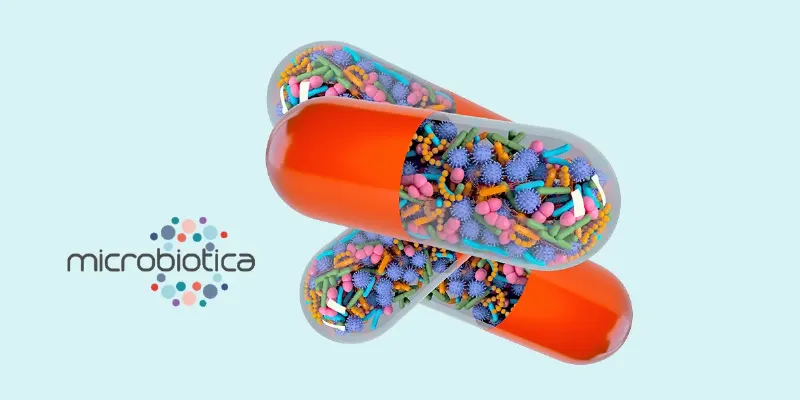
29 April 2025
The efficacy of cancer immunotherapy may lie not just in the immune system itself, but in specific gut microbes that improve response to checkpoint inhibitors. Microbiotica’s MB097, an oral microbiome-based therapy, shows promise in boosting immunotherapy response in melanoma patients who have failed standard treatments.
Presented at the American Association for Cancer Research (AACR) 2025 annual meeting, data reveal that specific gut bacterial strains in MB097 enhance IL-12 production, activating immune cells to fight tumors. MB097 is a clinical-stage, orally administered drug composed of a defined consortium of nine commensal gut bacteria. These live biotherapeutic products (LBPs) are designed to work synergistically with PD-1 inhibitors such as pembrolizumab (KEYTRUDA®), potentially restoring response in patients whose cancers have previously resisted such treatments.
Checkpoint inhibitors, especially anti-PD-1 agents like pembrolizumab, have transformed the treatment landscape for advanced melanoma. Yet nearly half of these patients experience no durable benefit. The variability in patient response has prompted intense interest in the gut microbiome’s role—long known to influence immune system behavior, but still poorly understood in the context of immunotherapy.
In a poster presented at AACR, the company’s Senior Vice President of Research, Dr. Mat Robinson, described a series of in vitro experiments that identified key immunological mechanisms underpinning MB097’s effects. Using human primary immune cells, the team demonstrated that three strains in the MB097 consortium strongly induce dendritic cells to secrete interleukin-12 (IL-12)—a cytokine critical for activating cytotoxic T cells and natural killer (NK) cells. These immune effector cells are central to destroying tumor cells in response to checkpoint blockade.
What’s particularly notable is the multifaceted nature of MB097’s bacterial strains: while some work via immune cell activation, others modulate the tumor microenvironment through metabolite signaling. This layered strategy may offer a more comprehensive way to reprogram the immune system in resistant patients.
MB097 is currently being evaluated in MELODY-1, an international Phase 1b trial launched in late 2024. The study is assessing the safety, tolerability, and preliminary efficacy of MB097 in combination with pembrolizumab in patients with cutaneous melanoma who have not responded to prior PD-1 blockade. The trial (NCT06540391) is conducted in collaboration with MSD (Merck & Co.), which is supplying pembrolizumab under a clinical trial agreement.
Microbiotica employed its proprietary microbiome profiling platform to analyze stool samples from melanoma patients across multiple ICI trials, including the MELRESIST study conducted with Cambridge University Hospitals. By identifying bacterial strains consistently associated with clinical benefit, the company reverse-engineered a therapeutic formulation intended to recreate this "response-enabling" microbiome signature.
This approach reflects a broader movement toward precision microbiome therapeutics—a field that has quickly matured from associative research to actionable, druggable insights. Live biotherapeutic products like MB097 don’t aim to broadly alter gut flora but rather to deliver a targeted immunomodulatory effect based on robust clinical correlations.






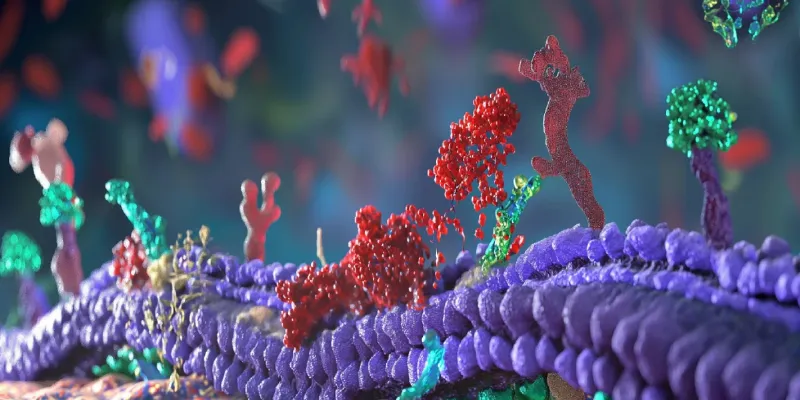
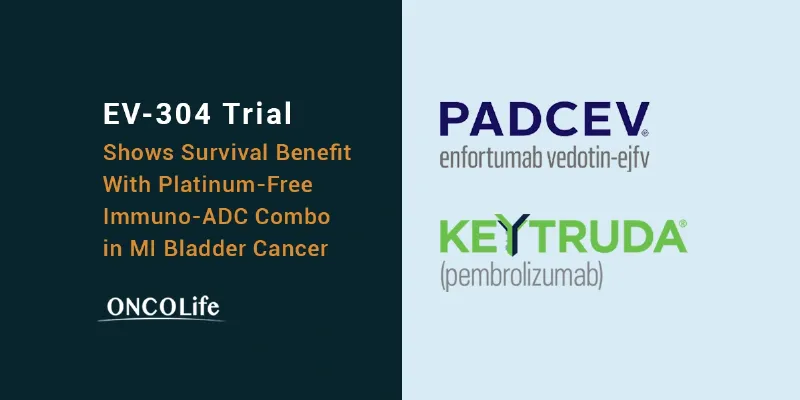
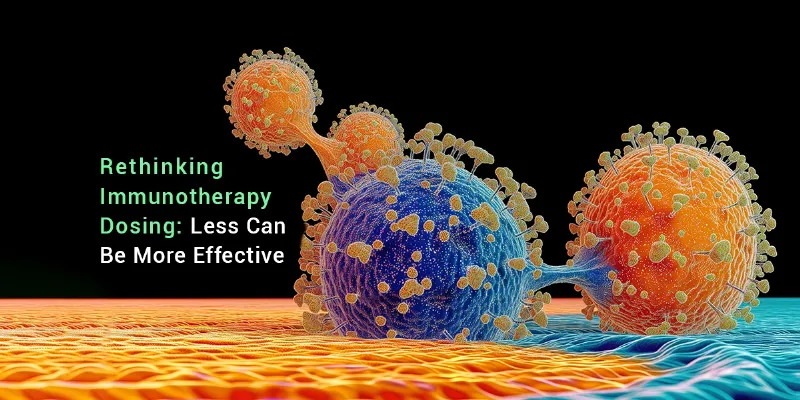
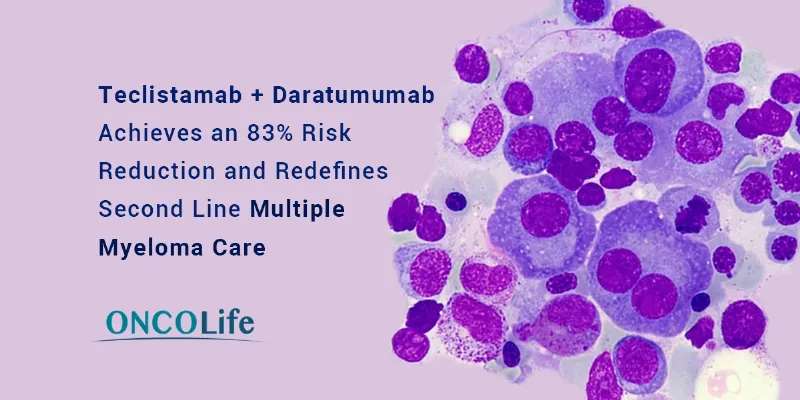
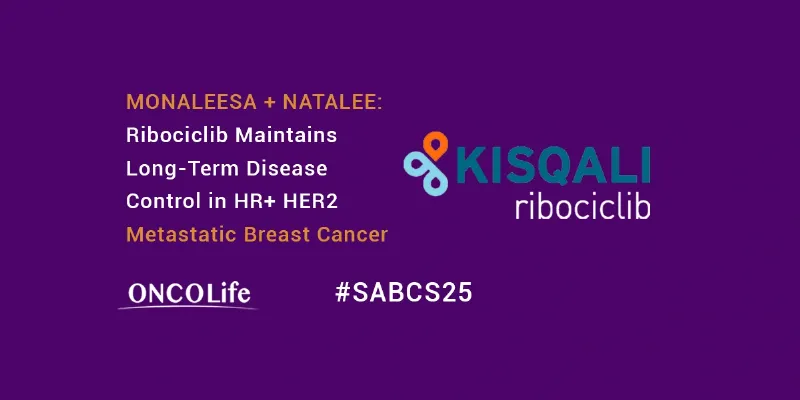
Comments
No Comments Yet!